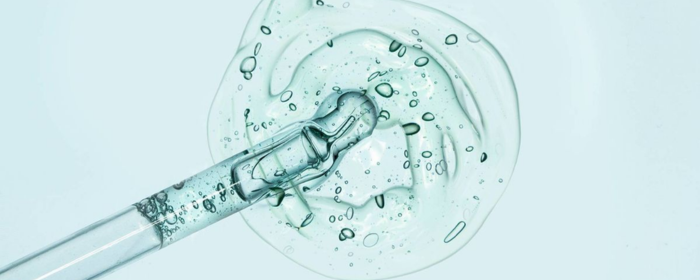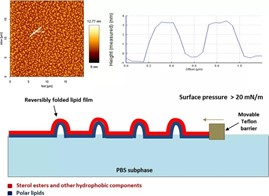
Dry eye syndrome is a common eye condition, where patients often experience dryness, stinging, and a foreign body sensation in the eyes. In severe cases, it may even affect vision and quality of life. There are various methods to treat dry eye syndrome, with eye drops being the most common remedy. Many eye drops are available on the market, and sodium hyaluronate and ectoine are two commonly used ingredients. Both substances have unique advantages in the treatment of dry eye syndrome, but which one is more effective?
Sodium Hyaluronate Eye Drops
What is Sodium Hyaluronate
Sodium hyaluronate (HA) is a naturally occurring glycosaminoglycan found in the human body, widely distributed in joint fluid, skin, and eyes. As an important moisturizing factor, sodium hyaluronate helps to maintain tissue hydration and promote cell repair. In ophthalmology, sodium hyaluronate is commonly used as a high-quality lubricant for the treatment of dry eye syndrome and post-operative eye recovery.
Effects of Sodium Hyaluronate on the Eyes
Sodium hyaluronate eye drops provide long-lasting lubrication and moisturizing effects, helping to relieve common symptoms of dry eye syndrome. It mimics the properties of natural tears, forming a protective film on the surface of the eye that effectively reduces dryness, stinging, and discomfort. Additionally, sodium hyaluronate promotes the healing of eye wounds and has certain anti-inflammatory effects, making it highly effective in alleviating inflammation caused by dry eye syndrome.
The high viscosity and excellent lubrication properties of sodium hyaluronate allow it to provide long-lasting protection for the eyes. It not only reduces friction between the eye surface and the external environment but also enhances the eye’s moisture levels, making it especially suitable for people who use electronic devices for long periods or are frequently exposed to dry environments.
Ectoine Eye Drops
What is Ectoine
Ectoine is a naturally occurring amino acid derivative first extracted from microorganisms that grow in extreme environments. It possesses excellent antioxidant, anti-inflammatory, and protective properties. Due to its protective effects, halophilic bacteria can survive in high temperatures, dry conditions, intense UV exposure, and high salinity environments. In ophthalmology, ectoine works by adjusting the cellular environment to protect the eyes from dryness, oxidation, and inflammation caused by external stimuli.
Effects of Ectoine on the Eyes
The primary function of ectoine is to protect the eyes from external environmental damage, especially dryness and inflammation. Ectoine forms a protective layer that reduces moisture evaporation from the eyes, thereby preventing dryness. Additionally, ectoine has significant anti-inflammatory effects, which help alleviate inflammation caused by dry eye syndrome and improve overall eye comfort.
A study on the effects of fluidization on dry eye syndrome treatment has shown that ectoine can improve the stability of the tear film, thereby reducing eye fatigue and dryness.

Ectoine’s antioxidant properties also help slow down the aging process of the eyes, protecting them from damage caused by free radicals. This is particularly important for people who are long-term exposed to UV rays, air pollution, and other environmental factors.
The Synergistic Effect of Ectoine and Sodium Hyaluronate
Although sodium hyaluronate and ectoine each perform their respective functions independently, their effects are more pronounced when used together. Sodium hyaluronate provides long-lasting lubrication and moisturizing, while ectoine further enhances the protection of the eyes through anti-inflammatory, antioxidant, and moisturizing effects. This combination can address multiple symptoms of dry eye syndrome and provide a more comprehensive therapeutic effect.
Stanford Chemical Company (SCC) is a chemical raw material supplier headquartered in the United States. We provide high-purity sodium hyaluronate powder and ectoine powder to our customers. If you are interested, please get an inquiry.
